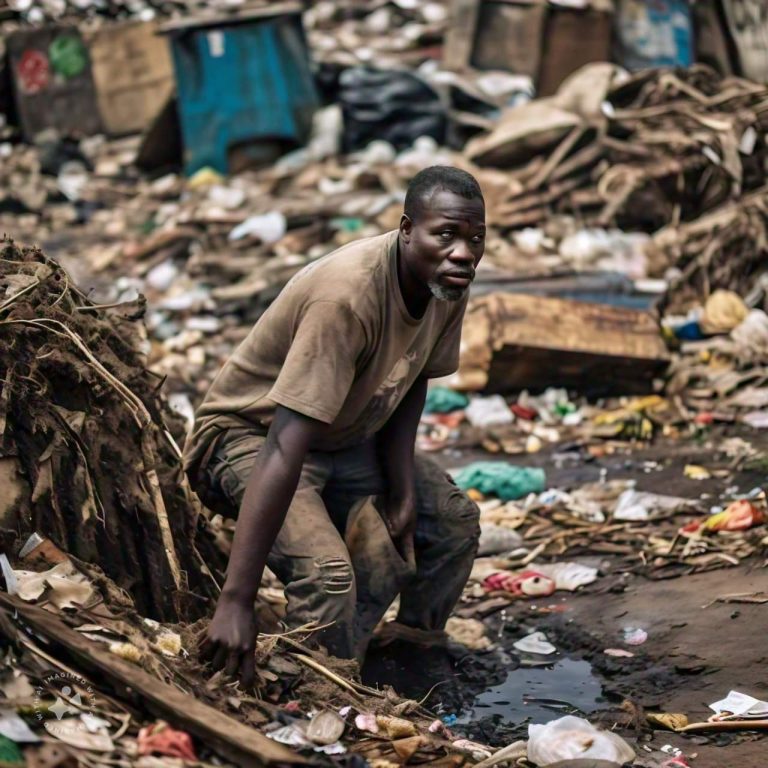The Federal Government has said that for Nigeria to stop open defecation, people must change their attitudes and take responsibility for keeping their communities clean.
Mrs Elizabeth Ugoh, who works with the Ministry of Water Resources and Sanitation, said this during a training for Open Defecation-Free (ODF) validators held in Nasarawa.
She explained that sanitation is about dignity and health. People should not wait for the government to force them — using toilets and keeping them clean helps prevent sickness.
She added that Water, Sanitation and Hygiene (WASH) are important for preventing illness. A clean environment leads to a healthier and more productive society.
Ugoh pointed out that while toilets and clean water systems are important, people’s attitudes must change if the ODF campaign is to succeed.
She said the training was to help those who already work as validators refresh their knowledge and be better prepared to support communities.
“Learning never stops,” she said. Many of the people at the workshop were already trained, but this session would help them follow the right methods and share experiences from the field.
Ugoh said 149 local government areas in Nigeria have already been declared open defecation-free, but more work is needed to meet the 2025 goal.
She explained that more trained people are needed to help states when they ask for support. This is why they are updating the training of existing validators and adding
new ones.
She also spoke about the importance of creating demand for toilets through community awareness and affordable options.
“When we educate communities through the CLTS++ approach, they want toilets — but we must make sure toilets are affordable and people are trained to build them,” she said.
She said it is also important that these toilet products are easy to find and buy.**13.**Ugoh emphasized that to keep the progress going, every Nigerian must see sanitation as a personal duty.
Another speaker, Mrs Chinyere Okolo, said creating demand for toilets is key to long-term sanitation success.
She explained that working with communities, encouraging new market ideas, and strong policies can help make sure everyone has access to proper sanitation.
Okolo said that this kind of approach brings many benefits — lower health costs, better productivity, and higher school attendance.
She also said it helps protect the dignity and safety of women and girls, who suffer more from open defecation.
Earlier, another speaker, Mrs Abasiama Ebreso, explained how ODF communities are verified and certified, and talked about a wider goal called “total sanitation.”
She said total sanitation means more than just ending open defecation — it also includes making sure homes and public places follow good hygiene practices.
For a community to be fully clean, every home must have a hygienic toilet, keep it clean, and safely dispose of waste materials.
Public places like schools, clinics, and markets must have working toilets, handwashing stations, and urinals that people actually use.
Ebreso said following these rules will create cleaner environments, reduce sickness, and help achieve full sanitation for all.
The country started its plan to end open defecation in 2016. The main campaign, “Clean Nigeria: Use the Toilet,” began in 2019.
Though progress has been made, experts say problems still exist — especially in funding, enforcing sanitation laws, and getting private companies involved.
Organizations like UNICEF, the World Bank, and WaterAid continue to support Nigeria by helping with education, funding, and community-based sanitation efforts.


